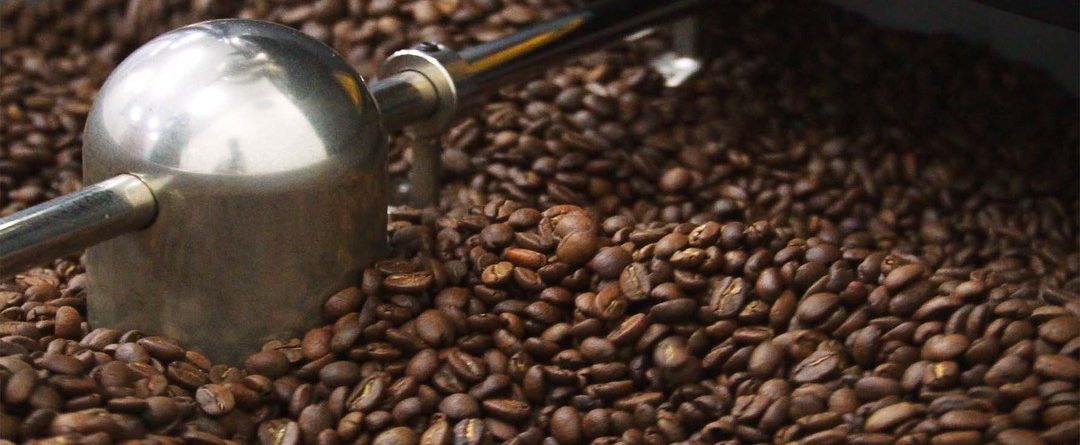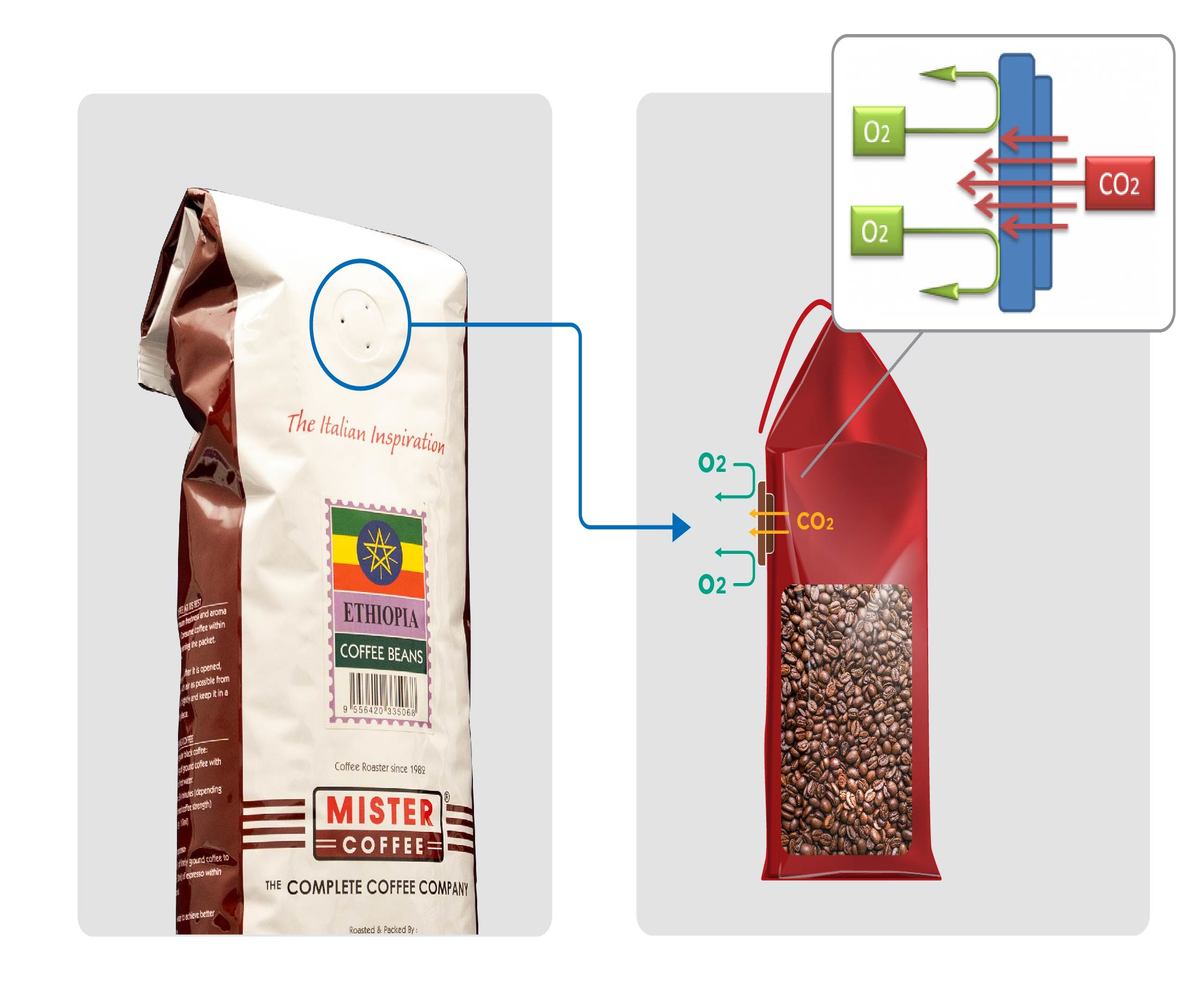How to Define Freshly Roasted Coffee Bean?
Malaysia has a strong coffee-drinking culture since the 60’s, thanks to the emergence of Chinese kopitiams and traditional coffee shops. According to the research, Malaysians consume about 2.5 cups of coffee per day. With the price of coffee equipment becoming more and more affordable, coffee lovers are looking to buy their own coffee beans and brew at home. With that being said, the demand for freshly roasted coffee bean is increasing.
It is not uncommon for coffee lovers to define freshly roasted coffee bean with the roasting date. In other words, the closer is the roasting date, the fresher is the coffee. It is a fair assumption with our general understanding of the freshness of food and drinks. For instance, we presume fruits and vegetables that are harvested in the most recent date as fresh when we are buying in the market.
However, a similar assumption might not be applicable to the coffee bean. Contrary to the common belief, the “freshly roasted coffee bean” might result in a disappointing brew due to a simple reason – degassing.
What is Degassing?
Degassing is a process of releasing gases, including carbon dioxide (CO2) that was developed during the coffee roasting. As soon as the roasting has completed, the gases start to leave from the beans.
During coffee brewing, the water dissolves and draws out the soluble compounds from coffee particles in order to extract the optimum coffee flavour. However, the degassing could disrupt the contact between water and coffee particles, thus resulting in an uneven flavour and aroma. Worse, it could create an under-extracted coffee that is far from the best.
According to Professor Chahan Yeretzian who dedicated his research on the emerging science of coffee freshness, the freshness of a coffee could be measured from a CO2 perspective. As soon as the roasting has completed, the degassing process begins and the coffee will undergo an evolution of flavour over time. After the first week where the coffee has lost 60% of the CO2, it will start to calm down and become more stable.
What Is Going to Happen Next?
Once the degassing process reaches its peak, the freshness of the coffee is dependant on the aroma perspective. Degassing varies depending on the roasting level and type of beans. As a general guideline, it will take 7 to 21 days for coffee beans to stabilize after roasting.
While the roasting date is an indicator of the degassing level of the beans, it is essential for a coffee roaster like us to pack the beans properly to preserve its aroma. Without a suitable packing technology, coffee roasters are required to leave the roasted coffee beans in the atmosphere for cooling and degassing. However, it increases the chances of oxidation when the beans are exposed to the atmosphere for too long.
In Mister Coffee, we pack our coffee with Modified Atmosphere Packaging (MAP) System to preserve the aroma of the roasted coffee beans. MAP system alters the natural distribution and makeup of atmospheric gases to provide the optimal condition, thus increasing the shelf life and reducing the oxidation of coffee. By utilizing the technology, we pack the roasted coffee beans and control the oxygen residue in the packaging bag, leaving approximately 1% of oxygen content after packing (the oxygen content in the atmosphere is 20.9% at the sea level). A one-way valve is added to the packaging to allow gases, i.e. CO2 to escape without allowing any outside gases and contaminants to enter the packed coffee beans.
In summary, it is important for a coffee lover to take into consideration of the degassing duration in order to enjoy the optimum taste of a coffee. It should be complemented with the packaging technology being used by the coffee roaster to maintain the quality of the coffee beans.If you are interested to learn more about our coffee, feel free to browse our shop by clicking the button below.




Leave a Reply
You must be logged in to post a comment.